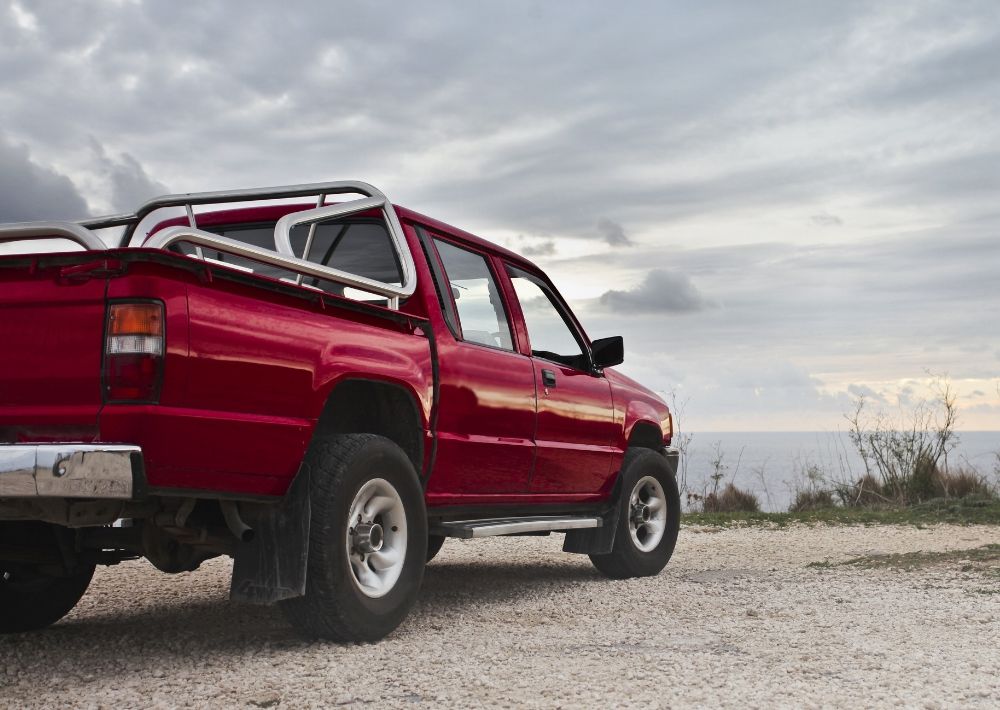
As we mentioned in the first article of this series; “4 Things You Should Know Before Claiming Work-related Expenses“, you may be entitled to claim certain deductions for work-related expenses in your tax return.
But:
- You must have spent the money out of your own pocket
- You mustn’t have been reimbursed for it already
- It must be directly related to earning your income (Ie. Incurred in performing your employment activities)
- You must have a record to prove it (Eg. With receipts)
So, how does this come into play when claiming car expenses?
What do you need to do to be eligible for a deduction?
CLAIMING CAR EXPENSES
If you’re planning to claim a portion of your car expenses in your next tax return as a deduction, here are some key things you need to know.
Firstly, there are two ways you can work out your entitlements and what you can claim.
1) You can use the “cents per km” method
With this method:
- You’re required to track your kms for each work related trip you do throughout the relevant financial year
- You don’t need to hold onto receipts for car expenses, however, you do need to show evidence of how you worked out your kms.
- As evidence you could maintain a diary that lists all of your work-related trips.
- Your claim is based on a set rate of 68c (since 1 July 2018) for each business kilometre travelled.
- You can only claim a maximum of 5,000 kilometres per car
This method is best suited for those who only use their car for work purposes on an ad-hoc basis.
2) You can use a Logbook to record work related travel & receipts

With this method:
- Your claim is based on the percentage of “work use” of your car
- You will need to keep a logbook that:
- Covers a minimum continuous period of 12 weeks and is representative of your km’s travelled throughout the year
- Includes the purpose of every journey, the kilometres travelled during that period and your odometer reading at the start and end of each journey.
- Shows odometer readings at the start and end of each financial year.
- Keeps receipts related to any car expenses
Once complete, your logbook is valid for five years. So, if you feel that keeping a logbook is a pain, just remind yourself that once you’ve done it, you won’t’ have to do it again for another 5 years!
If you start a new job or your driving patterns change, you will need to prepare a new logbook.
Once your logbook has been finalised for the financial year, you will be able to calculate your percentage of work-related travel.
For example, imagine that of the amount of km’s you travel, 80% is work-related.
This percentage (80%) can then be applied against any vehicle expenses incurred during the year and included as a deduction in your tax return (given you have kept your receipts):
- Fuel & Oil
- Registration & Insurance
- Vehicle Repairs
- Tyres & Batteries
- Lease payments
- Interest
- Depreciation
OTHER VEHICLE EXPENSES
3) Parking Expenses
In most instances, parking fees incurred as part of your work are generally deductible. However, there are some rules that apply if the car is being used by an employee to commute between home and work or the car is provided to the employee by the employer.
If you’re not sure whether this applies to you or would like more detail, please feel free to talk through it with your accountant.
A car parking claim may be rejected if the car:
- Was parked at or near the employee’s principal place of employment for more than four hours between 7am and 7pm, and
- Was used to travel between either home and work, or work and home.
Other car parking expenses incurred during the day are allowed if the car is being used for work related purposes that are tied directly to earning an income.
4) Road tolls and electronic tag expenses
If you are an employee and you incur road toll expenses whilst using your car or an employer’s car for work-related purposes, a deduction is allowable.
However, if the purpose of your travel is private (Eg. From home to work), or your employer pays the expense or reimburses you, you will not be entitled to a deduction.
We hope that that has helped to remove any confusion regarding claiming car expenses in your tax return.
If you do have any questions, please feel free to give us a call on (03) 9762 7344 to discuss further.





